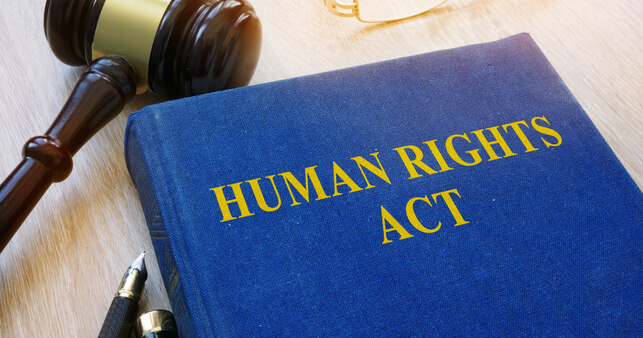
What Is The Human Rights Act 1993?
The Human Rights Act 1993 protects people in New Zealand from discrimination in a number of areas of public life. Discrimination takes place when a person is treated less favourably than another person in the same or similar circumstances. The Act lists the areas and grounds where discrimination is prohibited and sets out some exceptions. This Act and its protections extend to the workplace, and all employers have a duty to ensure their workplace is fair and all employees are treated equally.
Compliance with the Act starts before an employee is hired. The Act prohibits discrimination in job adverts and in the recruitment process, with harsh penalties in place for breaches. The same rules also apply to unpaid workers, volunteers and independent contractors.
What Constitutes A Breach Of The Act?
Under the Act, it is unlawful to treat a candidate or employee differently based on their:
race, colour, ethnic or national origins
gender (which includes pregnancy, childbirth, breastfeeding, and discrimination against transgender and intersex people)
age (if they are 16 and over)
marital status
ethical and religious beliefs
political opinion
employment status (includes being the recipient of a benefit)
sexual orientation
family status
disability
These same stipulations extend to the reference checking process. If it is discovered that an employer used the above information to treat a candidate differently, they may be penalised.
Once an individual is engaged to work, the Act continues to prohibit discrimination in the workplace on the above grounds. For example, if an employer or another employee makes remarks or jokes about someone’s race, gender, or religious beliefs this may be considered a breach of the Act.
Even if someone unintentionally discriminates against another, they can still be held responsible.
If an employee’s capacity to perform a role changes, employers still have an obligation to ensure these individuals are treated fairly and not discriminated against because of their limited capability. For example, if an employee is nearing retirement, it would be considered discrimination to force the employee into retirement, even if their performance has been affected.
It is also unlawful to indirectly discriminate against people with an unreasonable rule or policy that has an unfair effect on a certain group of people.
Grounds for discrimination can apply to an employee’s past, present or assumed circumstances.
What Is My Responsibility As An Employer In Relation To Human Rights?
As an employer, you have a responsibility to take reasonable steps to prevent discrimination from occurring in the workplace and recruitment process. You have a responsibility to investigate human rights issues that are raised.
How To Avoid Breaching The Human Rights Act?
Employers must show that they have taken all reasonable steps to stop discrimination in the workplace and ensure staff know what is considered acceptable behaviour. Employers must also ensure employment application forms, employment agreements and employee records are not in any way discriminatory.
By treating employees fairly, businesses can avoid liability and the associated negative publicity that can come with human rights breaches.
Can I Discriminate To Be Fair?
It is important to understand that technical discrimination, or affirmative action, is a general exception and permissible. Technical discrimination is where measures are taken to create more equal opportunities in the workplace, by providing more assistance to specific groups of people, such as women or ethnic minorities. This occurs quite often in workplaces.
What Happens If The Human Rights Act Is Breached?
In instances of an alleged breach of the Act, an employee can make a formal complaint to the Human Rights Commission, where mediation may be arranged.
If the matter is serious and cannot be resolved by the Human Rights Commission, the employee can present their case to the Human Rights Review Tribunal, who will decide how best to resolve the problem.
If you are unsure or would like to discuss implementing policies in your workplace to ensure the Human Rights Act is followed, call Employsure on 0800 568 012.


